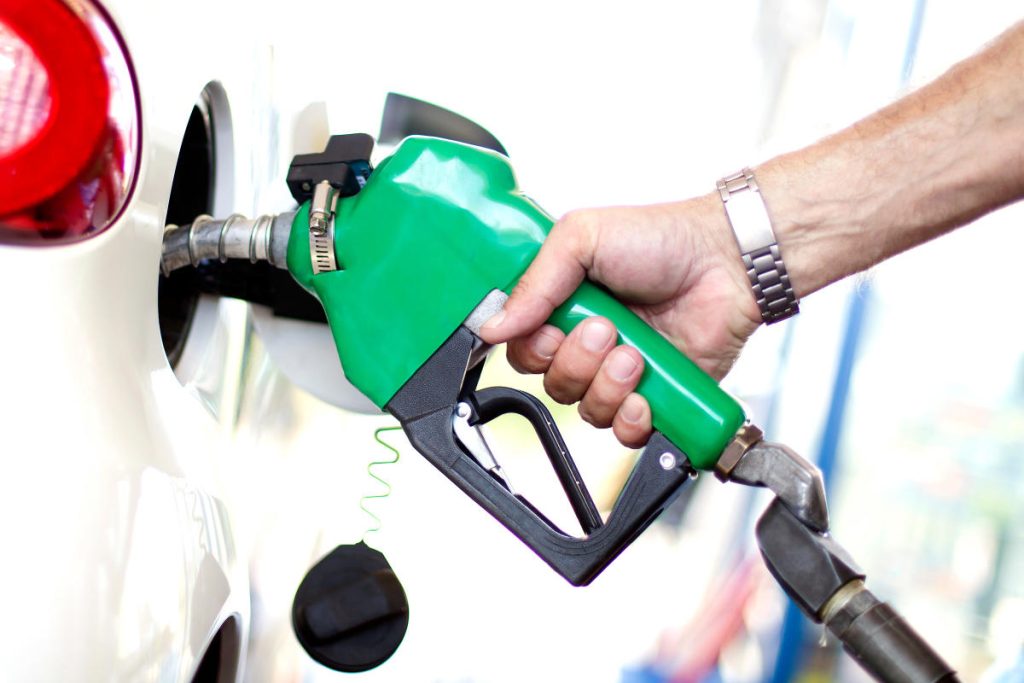The International Monetary Fund, IMF, has asked the federal government to raise the Value Added Tax, VAT, from its present 7.5 percent to 15 percent.
The organisation disclosed this in a statement issued at the end of its Article IV Staff mission held in Washington on Friday.
It also suggested that Nigeria totally abolished fuel subsidies, which it argued favours mostly the rich at the detriment of the poor Nigerians and holistically tackle oil theft.
Missions are usually held as part of regular consultations under Article IV of the IMF’s Articles Agreement, in the context of a request to use IMF resources (borrowed from the IMF), as part of discussions of staff-monitored programs, or as part of other staff monitoring of economic developments, Vanguard reports.

The IMF recommended that the country should: “Adopt tax policy reforms. The mission advised the authorities to consider adjusting tax rates to levels comparable to the average in the Economic Community of West African States (ECOWAS) as compliance improves.
“This includes further increasing the VAT rate to 15 percent by 2027 in steps, while streamlining numerous VAT exemptions based on systemic reviews, increasing excise rates on alcoholic and tobacco products while broadening the base, and rationalizing tax incentives by streamlining tax expenditures based on comprehensive periodic
“Remove fuel subsidies and address oil theft.
“As a near-term priority, the mission highlighted the urgent need to remove fuel subsidies fully and permanently, which disproportionately benefit the well-off, by mid-2023 as planned.
“The government should also prioritize addressing oil thefts and governance issues in the oil sector to restore production to pre-pandemic levels.
See Also: Atiku Reveals Plan For Petrol Subsidy
“Increase well-targeted social assistance. To mitigate food insecurity and cushion the impact of high inflation and fuel subsidy removal on the poor, the mission recommended increasing social spending by up to 1.7 percentage points of GDP during 2023-27 in well-targeted programs in coordination with the World Bank and other development partners
“Fiscal transparency is critical for a sound fiscal policy. Notwithstanding recent improvements, some gaps remain.
“While the authorities have published the annual financial reports of the state-owned Nigerian National Petroleum Company (NNPC) since 2019, uncertainties remain regarding the nature of tax write offs and fuel consumption volumes.
“The mission recommended a closer look at the nature of NNPC’s financial commitments to the government and the costing details of the fuel subsidy, including through a financial audit.
“Stronger cash management and better coordination among key public institutions is needed to increase the realism of budgetary forecasts and reduce reliance on central bank overdrafts.”
Source: Vanguard
- Gov Alex Otti Reacts To Tribunal Judgment - October 7, 2023
- Fake Credentials: Soyinka Dares Accusers To Prove Allegations - October 7, 2023
- Ukraine Vow To Shun UEFA Competitions Featuring Russian Teams - September 27, 2023